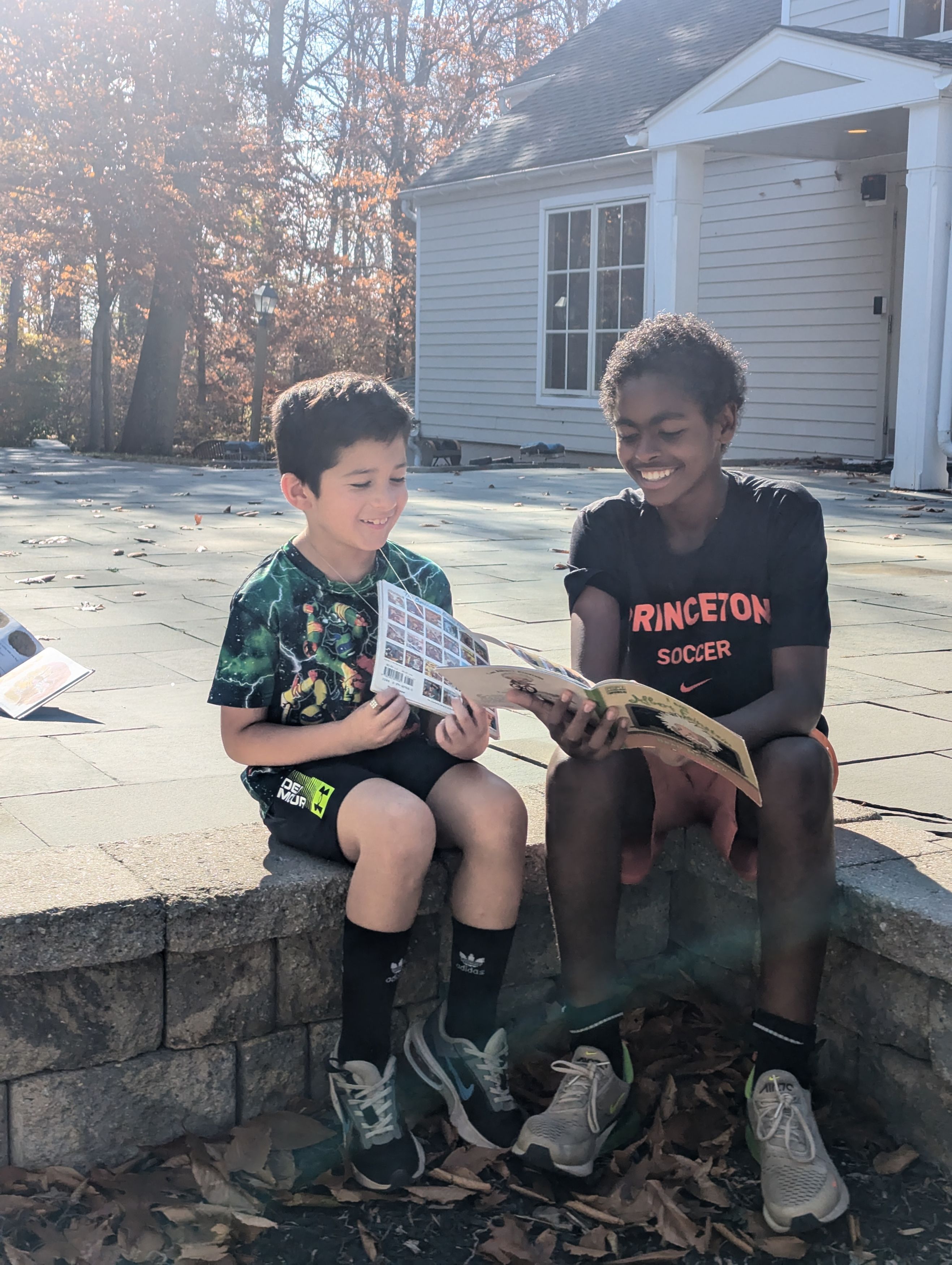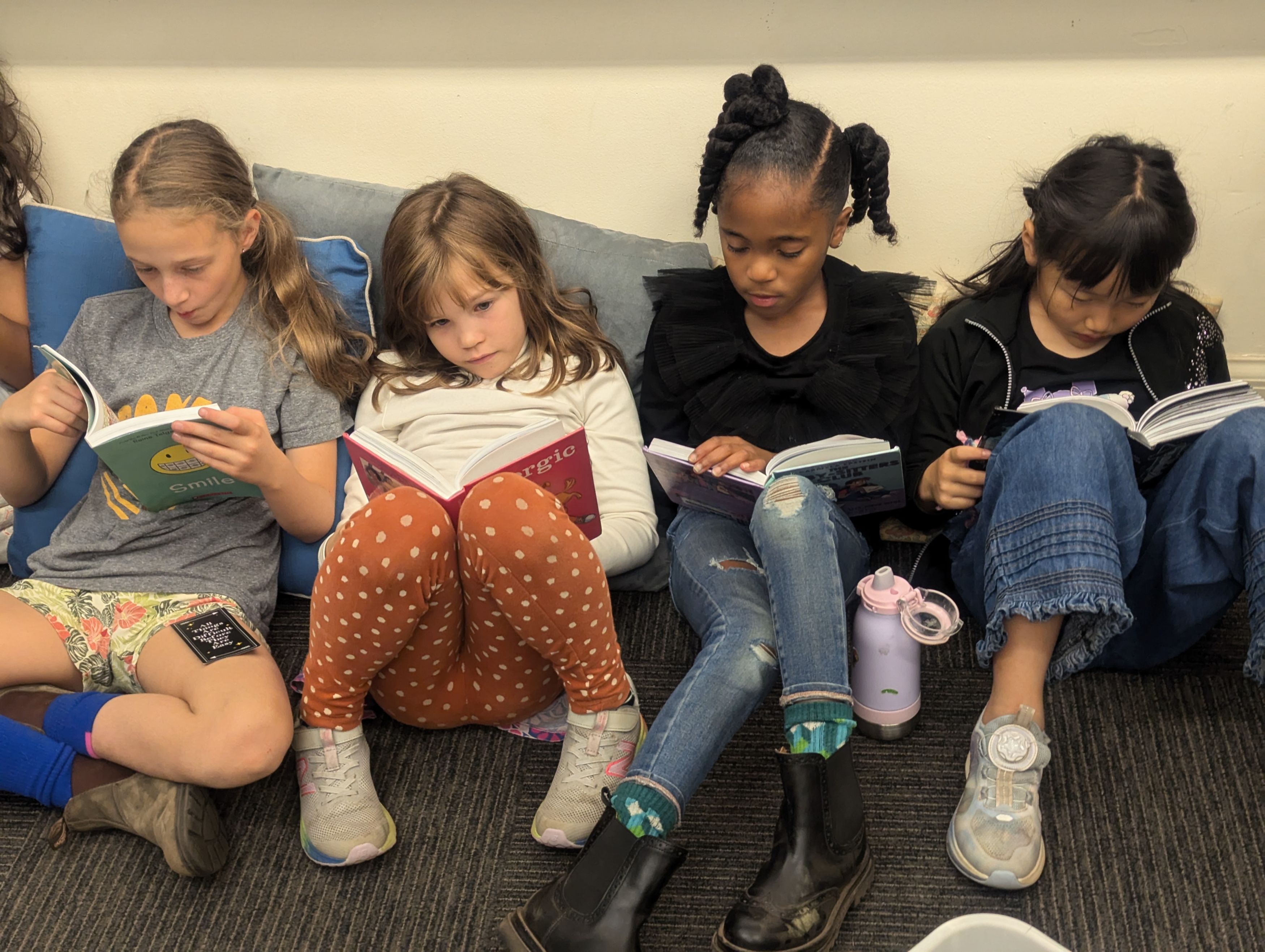Our Mission

Our Core Values
.jpg)
There are three principles we are committed to living every day at Princeton Friends School:
Respect for All
We honor the unique gifts of every individual as we celebrate the diversity of human experience.
Lifelong Learning
Intellectual growth and discovery are the work of a lifetime.
Responsibility in the World
We are committed to living in harmony with the Quaker testimonies of simplicity, peace, integrity, community, equality, and stewardship.
Our History
Our roots go back to 1781 when a small school was opened on the 10-acre grounds of the Princeton Monthly Meeting. Contrary to the times, the little Quaker school was open to all, regardless of financial means or family status. A larger one-room schoolhouse, adjacent to the Meetinghouse, was built in 1800 and served the community for decades. After it fell into disrepair, the old schoolhouse was dismantled around 1900, during a period in which dozens of Friends schools were cropping up throughout the Delaware Valley.
Princeton Friends School was founded in 1987 by a small group of seasoned educators with the aim of bringing Friends education with a progressive bent to the greater Princeton area. At the heart of our school is the Quaker notion of a transcendent spirit – “that of God” – in each person, paired with an understanding that learning is best carried out in a community in which all members are supporting and celebrating one another's growth and progress. Intertwined and completely consistent with these Quaker underpinnings are the tenets of progressive education to which the founders adhered - an experiential, constructivist, collaborative, and socially-engaged pedagogy that encourages each student to reach full potential intellectually, socially, and ethically.


